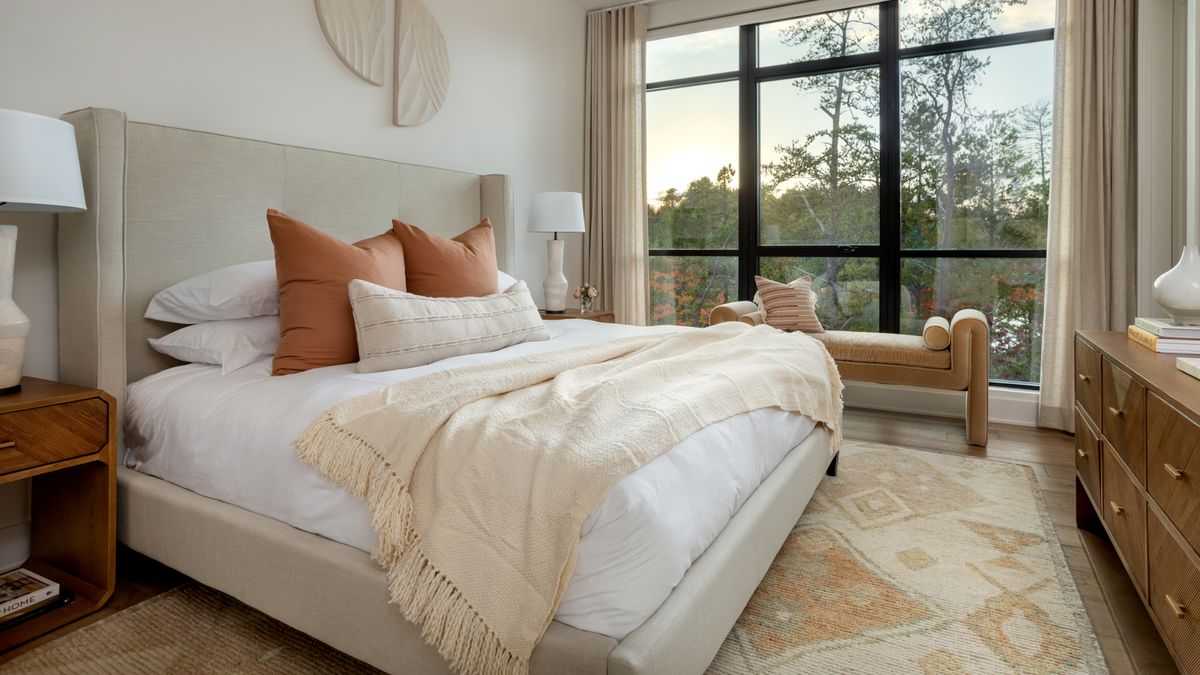
5 Changes to Make to Your Bedroom Before the Clocks Change to Improve Your Spring-Time Sleep
Twice every year, just like clockwork (if you’ll pardon the pun), we humans meddle with time to afford ourselves some extra hours of daylight. Now with spring underway, we’re approaching the night when the clocks go forward, meaning one hour less of valuable sleep awaits — not something on anyone’s wishlist, but a necessary evil for those lighter, brighter evenings.
While we all look forward to longer days and the accompanying weather, sacrificing that precious hour in bed can make the transition into the warmer seasons a difficult one. Not only does it mean less time asleep, but this small change to our routine can throw off our entire sleep schedule, especially if we don’t take precautions to ease ourselves into the adjusted time zone.
To help yourself adapt, the best thing you can do is shift your bedtime 20 to 30 minutes earlier a few nights before the clocks change. This will help ease you into the new sleep routine so that the first morning of Daylight Savings isn’t such a struggle.
But, while adjusting your bedtime is great in theory, it’s not always easily achievable in reality. If you’re looking for some simple switches that will make your new sleep pattern that little bit easier, the bedroom is the best place to start. Here are five changes you can make before the clocks change that will help you sleep better.
1. Make the Bedroom Darker
A good set of black blinds can be a life-saver this time of year
(Image credit: Living with Lolo / Life Created)
Priming your bedroom ahead of the clock change is all about creating a space that’s more conducive to sleep. One way to ensure you drift more easily is, of course, a dark room. The shift in daylight patterns can throw us off, so black-out bedroom curtains or blinds are more important now than ever.
“The ideal bedroom for sleep would be dark and quiet like a cave,” explains Dave Gibson, sleep expert and founder of The Sleep Site. “The pineal gland produces melatonin, the hormone which regulates our sleep in response to darkness, so blackout blinds and curtains are a great long-term investment here.” If you don’t have them and haven’t got time to buy them, he suggests putting tinfoil around the edges of the windows to block out any light leakage.
In the morning, it’s also essential that you expose yourself to daylight as soon as you wake up. “Pull your curtains or blinds straight away to get bright sunlight into your eyes,” says Dave. “This helps to reset your body clock or circadian rhythm and will make it easier to fall asleep more easily at the earlier bedtime once the clocks have gone forward.”
2. Or Use An Eye Mask
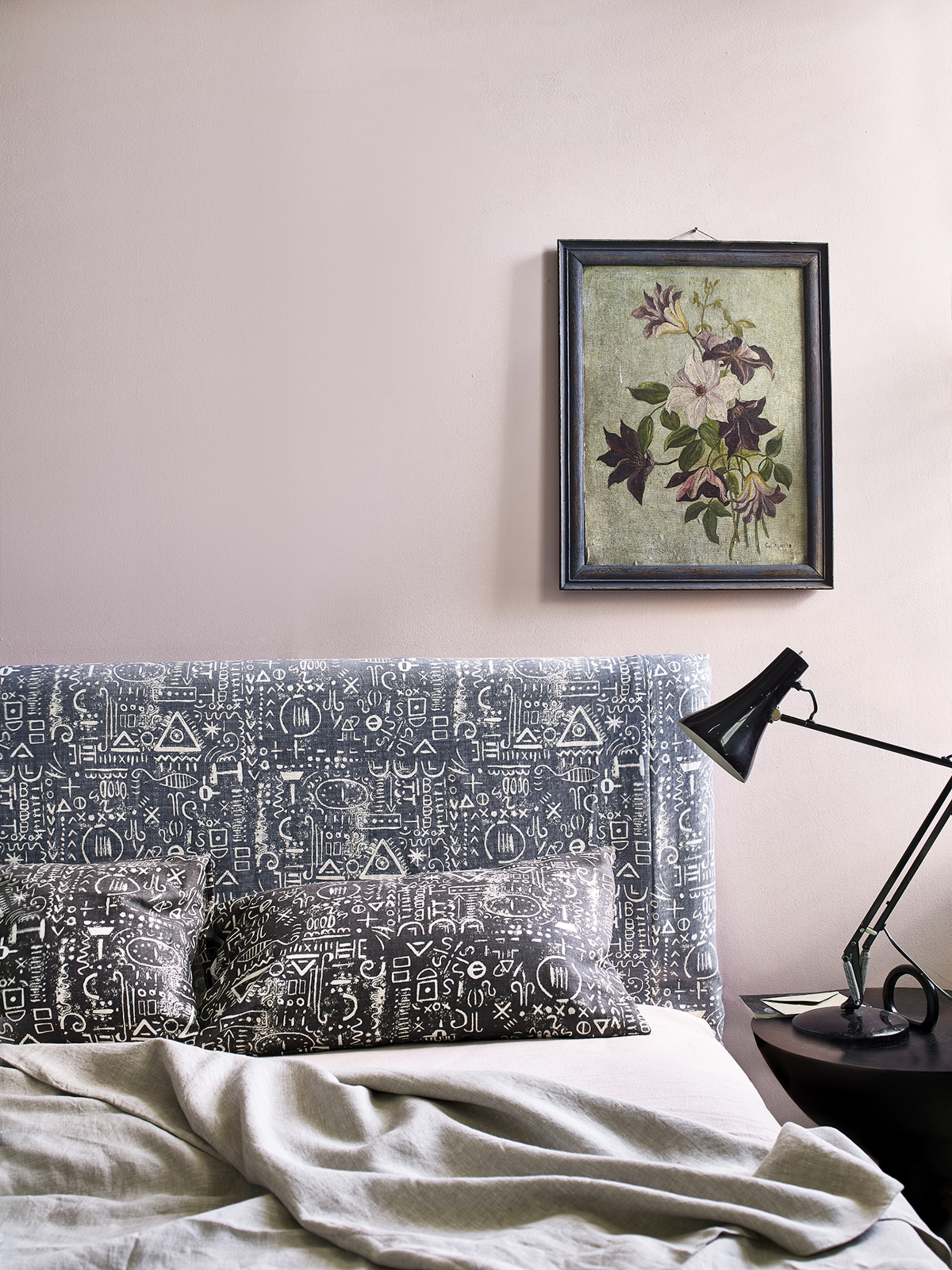
Sheer curtains? No problem. Just use an eye mask instead
(Image credit: Annie Sloan)
Another option if your window treatments aren’t sufficient is an eye mask. If you have one, dig it out and keep it on your pillow to remind yourself to wear it when Daylight Saving commences. “One research study even suggested that wearing an eye mask at night can aid in cognition and reaction times,” says Dave.
The best sleep masks are made of silk so they’re delicate on the skin. You can also get noise-reducing eye masks that cover your ears too, like this one from Amazon.
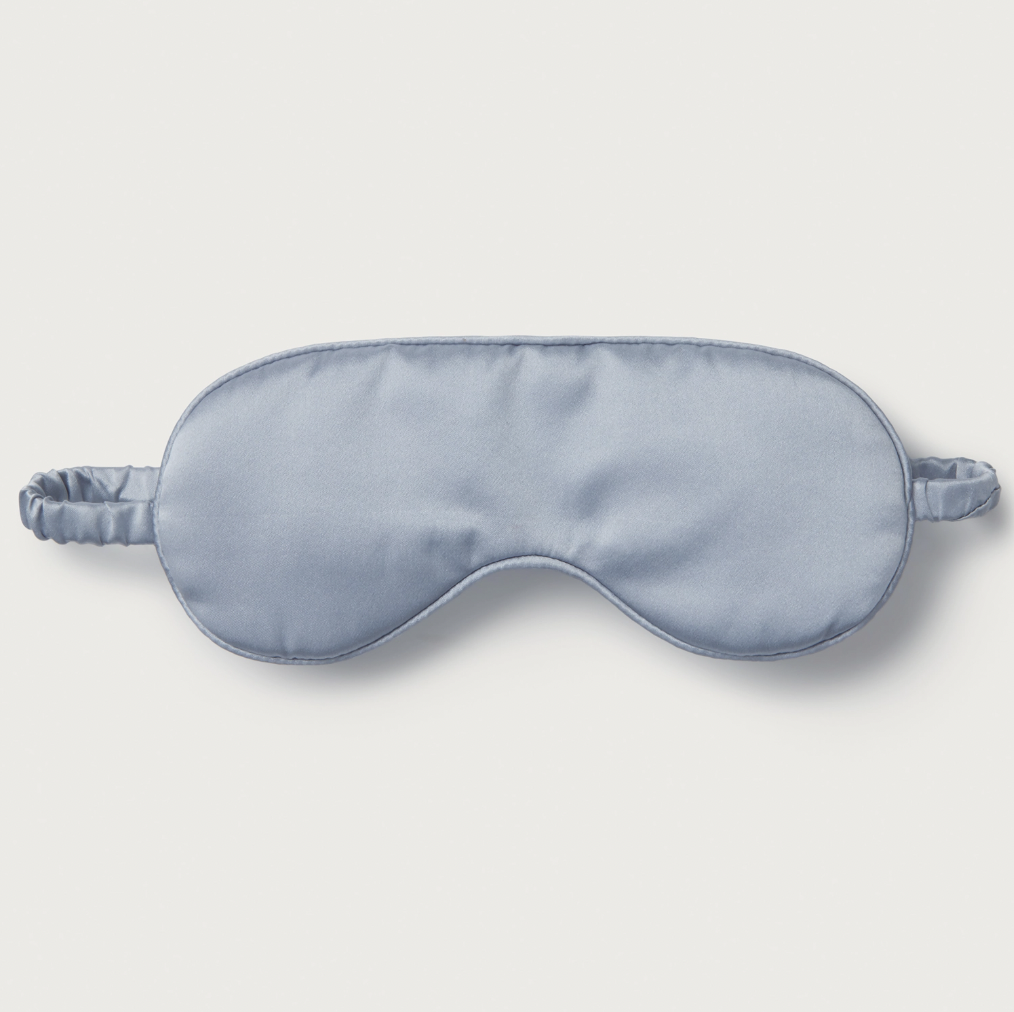
The White Company UK
Silk Eye Mask
The sudden switch in daylight hours can often wake us up, especially if you don’t have adequate curtains or blinds. Luckily, an eye mask is a great substitute, and silk is the most delicate material to choose (promising lots of benefits to your skin, too!)
3. Buy a Sunrise Alarm Clock
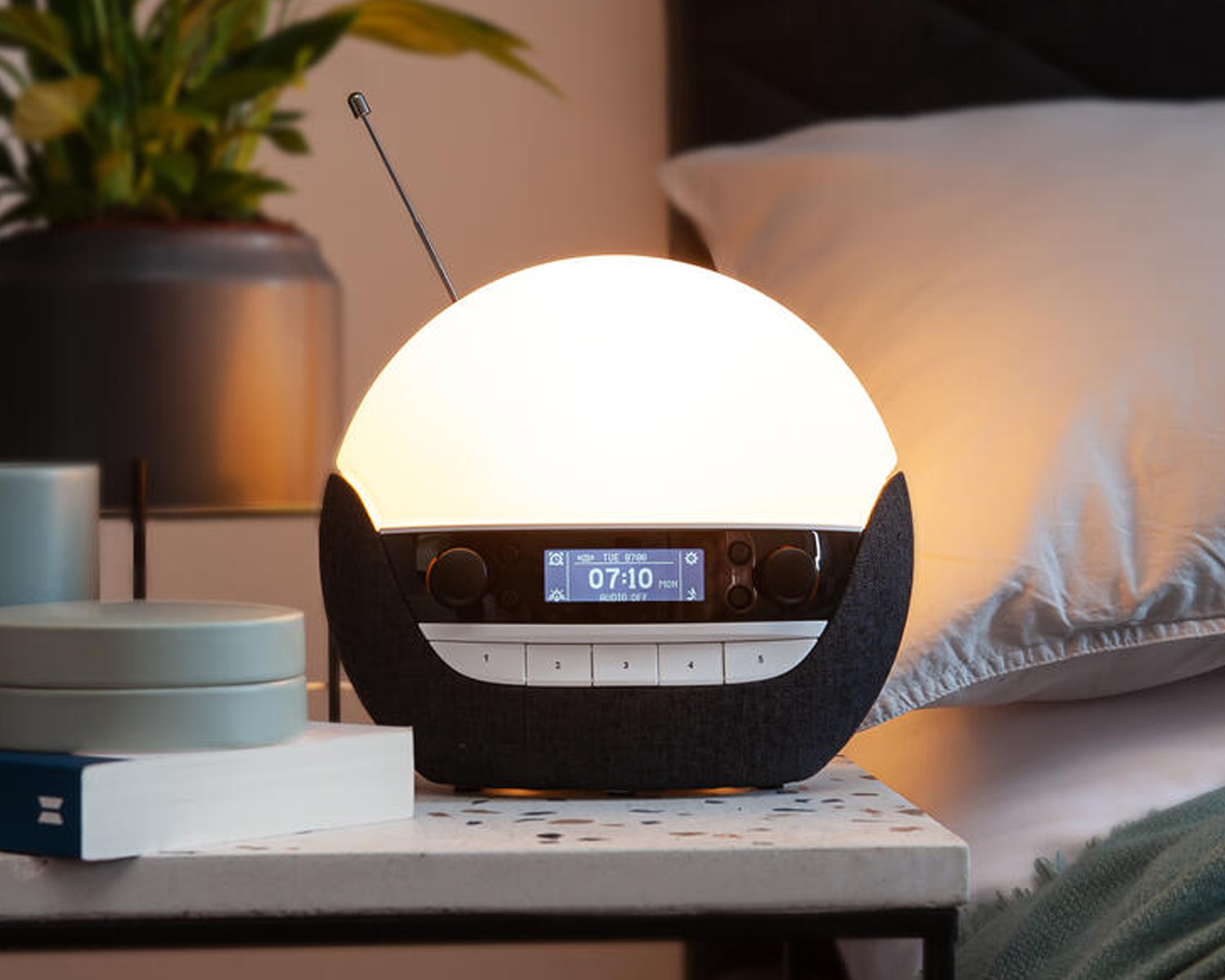
Sunrise alarms are well worth the hype.
(Image credit: Lumie)
Most of us use an alarm clock, and even if you’ve primed yourself to wake up without one, you’ll probably need to use one when the clocks change. Dave always recommends using a dawn simulator alarm rather than your mobile phone. “The gentle increase in light from these modern sleep aids helps you to wake up more naturally,” he says.
Compared to shrill phone alarms, this gradual awakening can do wonders for regulating your sleep pattern. “Light is a strong signal of time of day to our circadian rhythm, which is why our sleep/wake cycle is generally tied with the light-dark cycle of the rising and setting of the sun,” explains Rebecca Algie at Lumie, a brand that offers some of the best wake-up lights on the market. “Sunrise alarms rouse you from sleep gently with gradually increasing levels of light. During this time, your core body temperature and heart rate gradually rise, emulating the body’s natural physiological response to dawn, helping you to feel refreshed by the time you open your eyes.”
It goes without saying, but if you use a traditional alarm clock don’t forget to change the time setting before bed so that you’re not waking up an hour later.
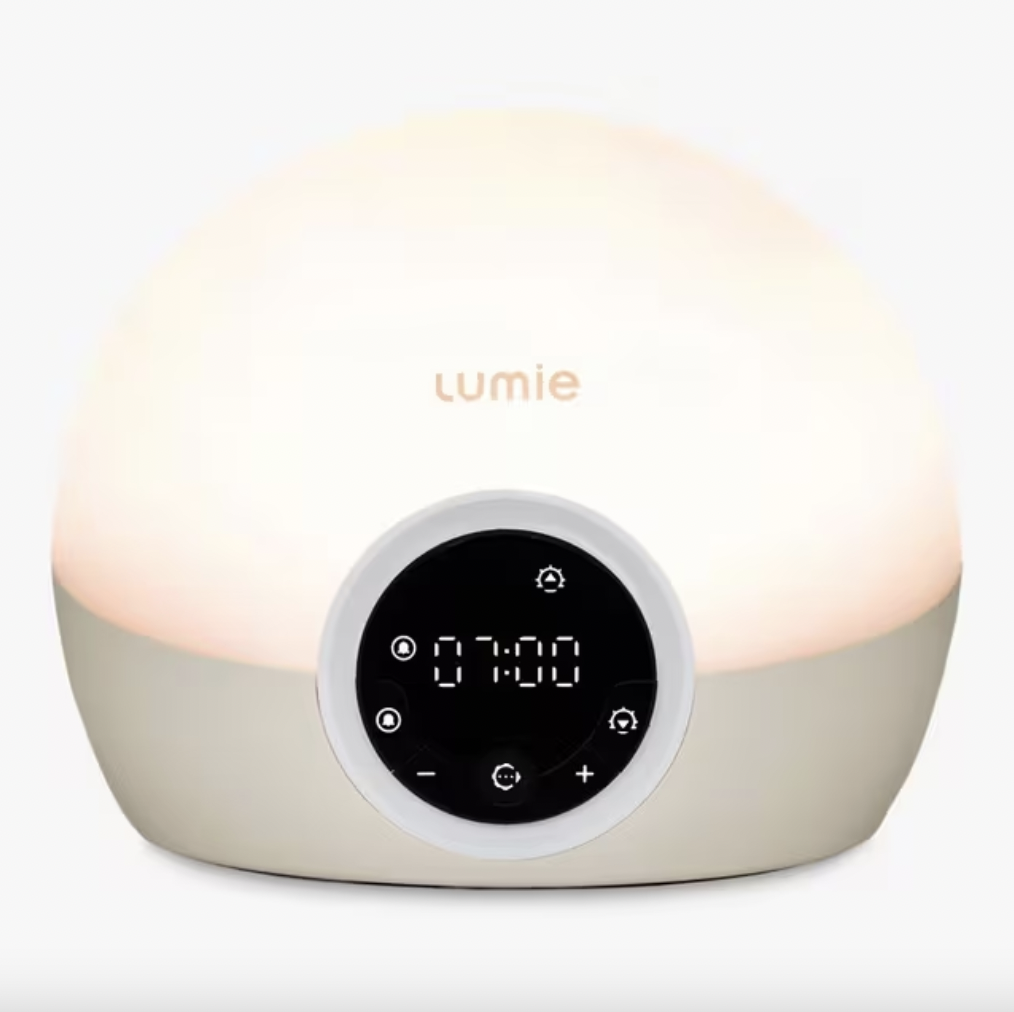
Lumie
Lumie Bodyclock Spark 100 Wake Up to Daylight Table Lamp
These clocks do wonders for your circadian rhythm, and they offer a much more gentle awakening than a shrill phone alarm. Just make sure you have the settings on to ensure the time changes automatically!

Dave has over 20 years of experience in healthcare, providing advice, support, and intervention across a wide range of conditions to promote health and well-being. He launched his well-regarded sleep blog, thesleepite.co.uk, in 2014 and he’s worked with the UK national press and national magazines, BBC national and local radio, Talk TV along with major commercial stations. He provides interventions and recommendations to improve sleep, posture, nutrition, exercise, men’s and women’s health, fertility and more.
4. Cut Out Stimulants
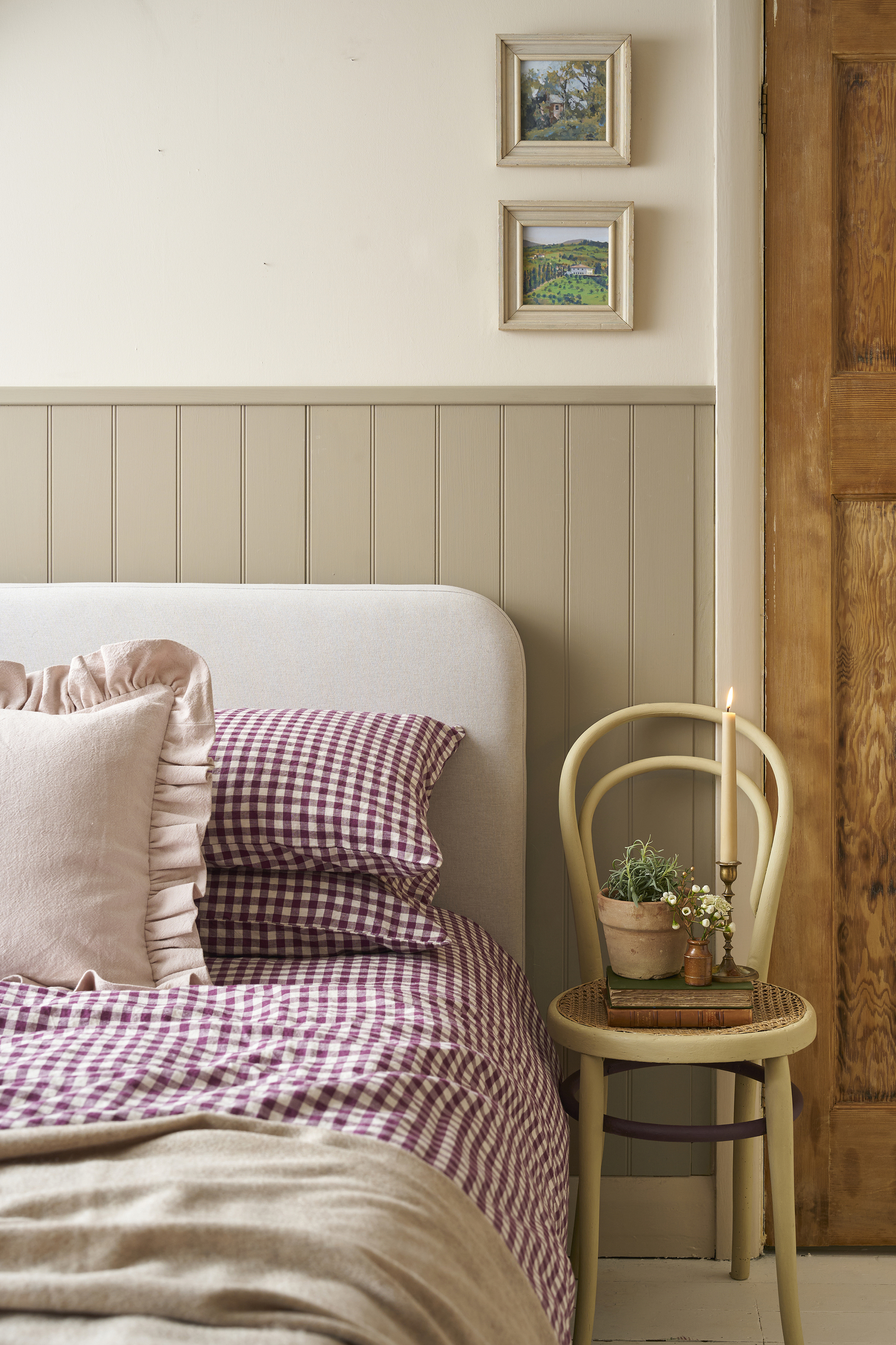
A calming bedroom scheme will help prime you for bedtime.
(Image credit: Annie Sloan)
Experts always advise you to stay away from stimulants to ensure a more restful sleep. During the afternoon, this means avoiding caffeine, alcohol, nicotine, and any medications that might interrupt your sleep.
In terms of the changes that make your bedroom a better sleep environment, a digital detox should be part of your standard bedtime ritual, too. “I recommend limiting television, tablets, and phones for at least a few hours before bedtime, as the blue light can stimulate you and make it harder to fall asleep,” explains Dr Hana Patel, resident sleep expert at Time4Sleep. “Cutting out stimulants helps improve sleep around the clocks changing, and aids in the resetting process, allowing us to adapt to this change with ease.”
5. Cool Down Your Bedroom
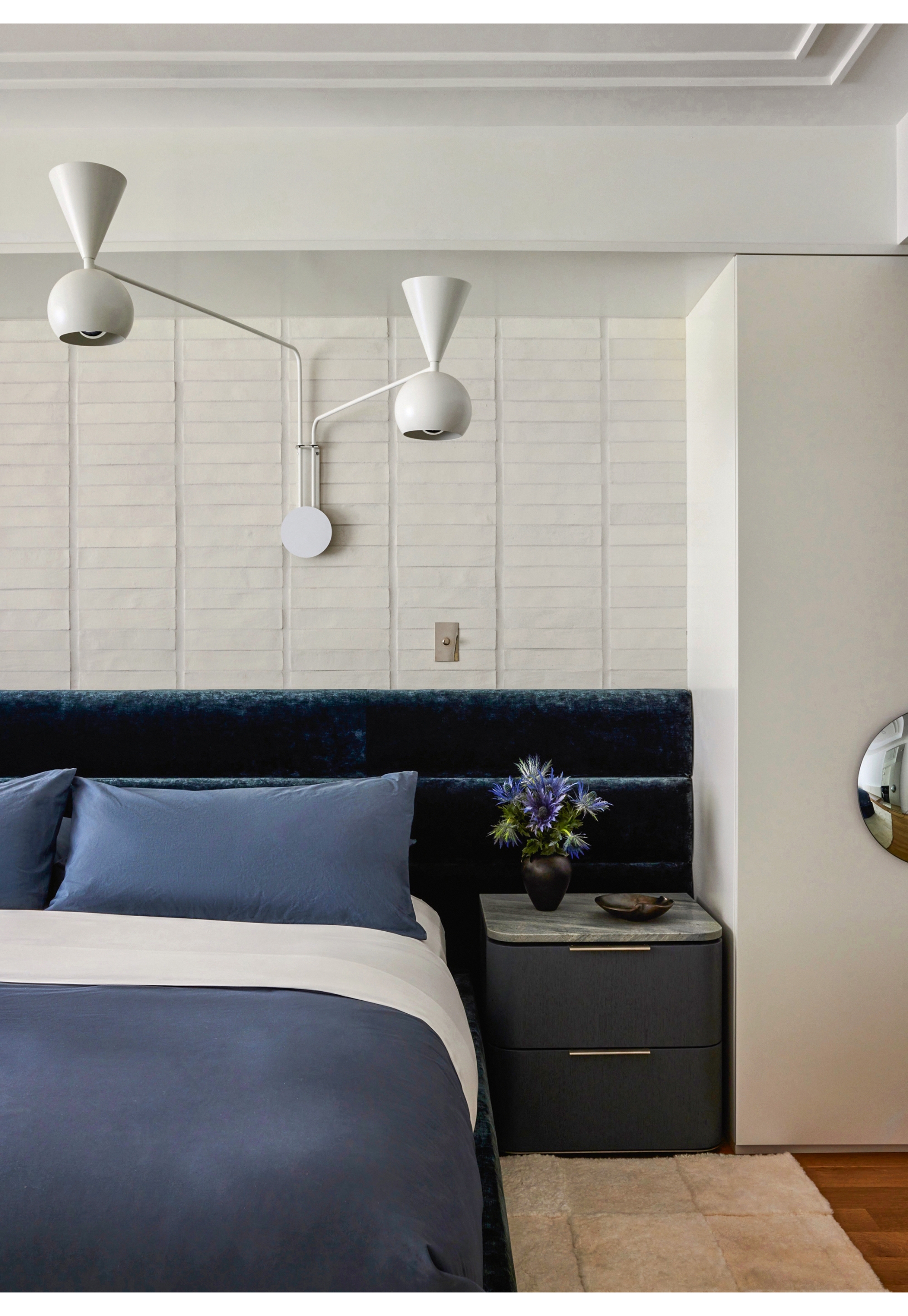
A fan, fresh sheets, or a cooling mattress can all help you to drift off more easily
(Image credit: Nicole Franzen. Styling: Katja Greeff)
To help you drift off into a peaceful slumber, you may want to turn down the thermostat as the clocks go forward. Of course, the clock change coincides with the start of spring which (hopefully) means warmer temperatures anyway, so now’s the time to cut the heating a bit. “Keeping your room cool and dark also signals your body that it’s time to rest,” says Sosha Lewis, a Certified Sleep Science Coach at Sleepopolis. This is because a lower body temperature leads to an increase in melatonin production.
Ideally, a bedroom should be around 65 degrees Fahrenheit. To cool down a room, consider using a fan or opening a window an hour or so before bed. You could also change your bed linen. “Cool, crisp fresh sheets will help you get to sleep more easily,” says Dave. While you’re changing the sheets, he also recommends giving your bedroom a quick tidy-up. “The rule of thumb here is that an uncluttered bedroom leads to an uncluttered mind,” he adds.
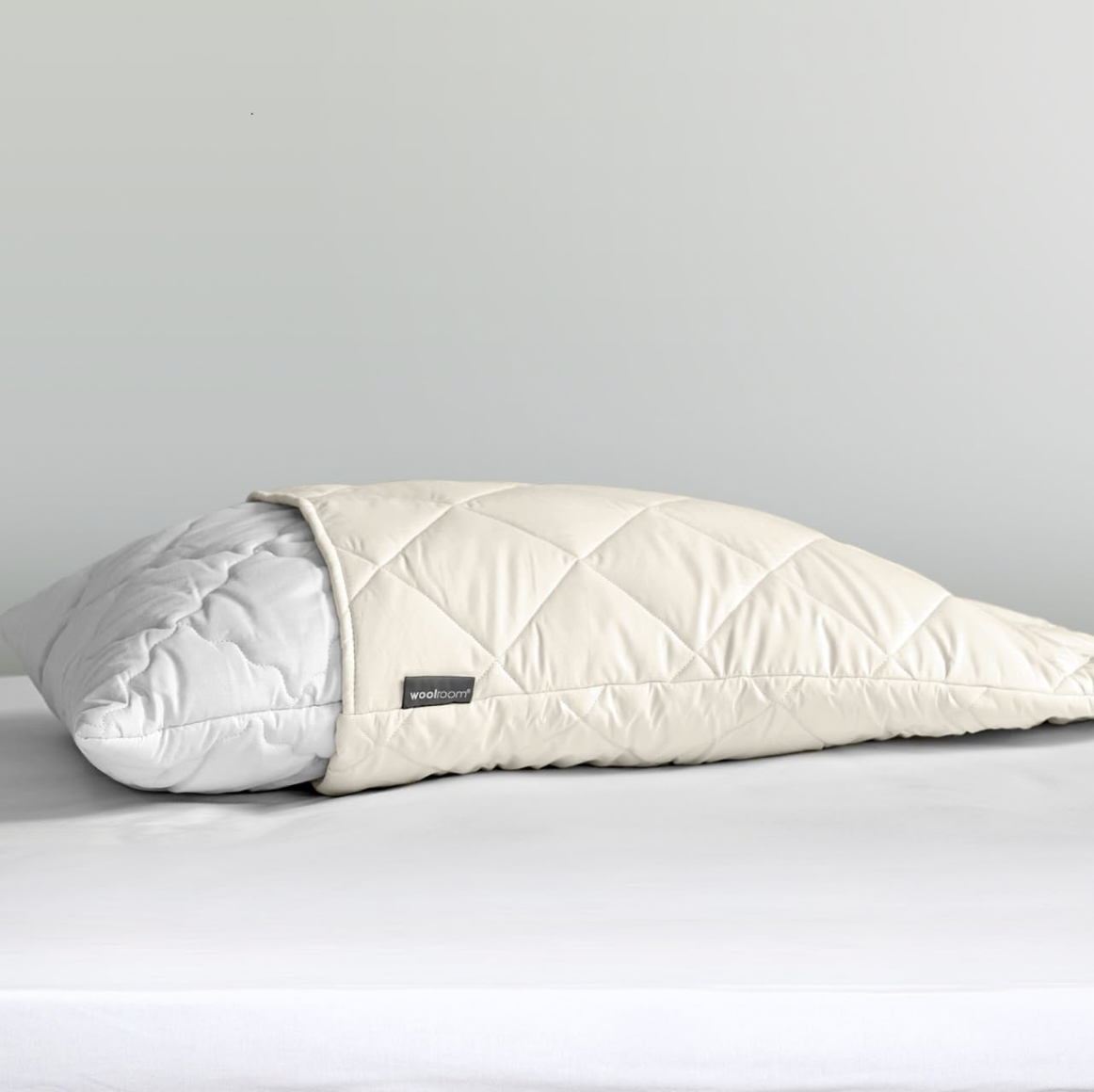
WOOLROOM
Woolroom Deluxe Washable Standard Size Pillow Protector
Price: £43
This pillow cover is made from 100% natural British wool with an organic cotton cover. These materials are the best for thermoregulation, keeping you cool in summer and warm through winter.

After completing her medical training at the University College London in 2005, Dr. Hana Patel became a member of the Royal College of General Practitioners in 2010 and went on to achieve postgraduate qualifications in Family Planning, Women’s Health, Elderly Medicine, ILM 5 Executive Business Coaching and Mentoring and a Masters’ degree in Medical Education. She now works as an NHS and private GP specialist in mental health and sleep and is passionate about supporting patients struggling with sleep-related health issues.
FAQs
Why Is it Important to Make These Changes in Your Space?
The clocks springing forward can have a bigger impact on our sleep than you expect. It’s far more than just one less hour in bed. “When the clocks change, our circadian rhythm — the internal body clock that helps regulate our hormones and temperature — has to recalibrate, and it can take a few days for our body to adjust to our new sleep cycle,” says Dr Patel. “Our bodies can get more stressed with less sleep, too. Evidence has even shown that when the clocks go forward, there’s an increase in the number of heart attacks and strokes.”
Any simple changes we make to ease the transition into Daylight Savings will make it easier for us to get to sleep and wake up feeling refreshed in the days following. “Light exposure, temperature, and noise can all harm your rest if they’re not managed well,” explains Livvi DiCicco, a Certified Sleep Science Coach at Mattress Clarity. “Making small changes ahead of time can help your body transition smoothly, reducing grogginess and improving overall sleep quality.”
What Little Habits Can Improve the Quality of Your Sleep?
Limiting caffeine after 2PM, reducing your alcohol intake, and staying away from screens late at night are all simple habits to make that can greatly improve the quality of your sleep. “Going to bed and waking up at the same time every day also keeps your sleep cycle stable,” notes Sosha at Sleepopolis.
There are also plenty of things to aid sleep such as Magnesium supplements, sleep sprays, and weighted blankets, all of which will help turn your bedroom into the cozy sleep sanctuary needed for a deep, restful slumber.
Losing an hour as the clocks go forward might not seem like a drastic loss, but the interruption to your sleep schedule in the weeks that follow can be hugely detrimental. With these simple changes to your bedroom, you can help yourself adapt to your new sleep routine with ease — only six months until you have to do it all again.










